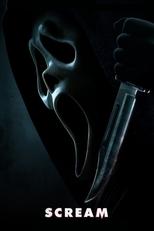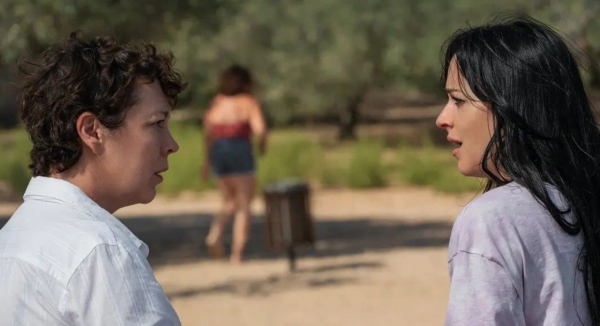Theory makes everything technical and turns an art form into something mechanical and loses the instinct and the humanity. And the same is said of technique.
I think it is dumb to write off such things as Music Theory, or discount technique. Just like I think it is dumb for those who are proficient at their musical ability (whether it be with an instrument, singing, songwriting, lyric writing) to roll their eyes at the world at those less musically 'sophisticated'. There is always enough dumb to go around.
I see someone whose vocabulary is so immense and technique is so good that he is simply capable of saying whatever he wants to say, of pursuing any instinct he has, and of expressing humanity in a way that is transcendent
I know very little about Vai, and what I've heard, he isn't really my cup of tea. But that aside, I think agree that some artists need more 'words' to articulate what is in their head. But, it also needs to be noted, that some artists only need a handful of poorly fingered chords to say exactly what they have to say. And for them, it's possible learning more will disrupt that purity of expression.
Personally, I don't think one approach is particularly better than the other. I admire Eddie Van Halen and Glenn Gould as much as I do Daniel Johnston and The Raincoats. As unerringly precise those first two technical marvels are in their work, there is no end of their personality in how they play. Just like I don't think the limited musical chops of the other two, in any way limits the brilliance of their compositions. It's up to the artist what road they want to take. And we can judge their success on how well they maximize the tools and talents at their disposal.
As someone who has spent most of my life thinking about what makes writers good or bad, for a long time I believed the secret ingredient for greatness was to be really daring with tricky sentence structures and to always have a kaleidescopic vocabulary on hand. It certainly worked for Dickens, whose brilliance was always how he could make every sentence he wrote this adventure of language, where it is always doing these unexpected things, peppering the reader with all these crystalline details, one after another. It's why he can get away writing an entire page about the types of cutlery a character finds in a drawer. His is about the technical mastery of language and that is where much of the joy comes from when reading him.
But then I came to understand guys like Raymond Carver or Charles Bukowski, who are about the clarity of an image and the simplicity of language. Reducing everything to a blunt yet perfect declaration. Where Dickens requires dictionaries to do what he does, I'm sure someone like Bukowski could have sufficed on about seven words--beer, boils, underwear, shit, sandwich, walls and ceiling. To move outside of those basic building blocks was mostly unneccessary to articulate his world view. But this never makes him less of a writer. Because he understands what type of artist he is, and the power of his approach.
So it all just depends on the artist and how they want to define themselves.
People who actually have instinct and humanity but lack the technique or vocabulary to express it and I think that's pretty sad too.
I'm a romantic in the way that I completely believe if you have the instincts of an artist, and the determination to keep plugging away, no matter how much you may lack in technical talent you will almost always find a way to your voice. Maybe you won't find the audience, but there isn't anything you can really do about that. All an artists can really focus on is a monomaniacal obsession in finding their own way. Whatever way that may be.
So I don't think what you said above is sad at all. For me, it's the people with the virtuosity and not the soul who have more to worry about. Because to me, without those instincts, that soul, talent just ends up as a lot of huffing and puffing. Which, I think, is why some people do end up having a resistance to concepts such as music theory. Because there are a lot of people out there who will hide (sometimes very well) behind their studies. Sometimes, when an artist has absolutely nothing to say, they can't help but mistake proficiency for worth.
So I think there is a point where virtuosity, in any field, is actually a gateway for the truly talented artist to express themselves at the highest possible level. And that technique is never the enemy on its own it is only the enemy when it is not accompanied by soul.
Agree
That said, most of Marty's output since maybe The Color Of Money (the last Scorsese film that I actually love), or if I'm being more generous, Goodfellas, has been slick AF and, with some exceptions, has been a lotta technique and not a lotta soul.
I think I agree that Goodfellas is where he started becoming somewhat of a different filmmaker. It's all still obviously Scorsese, and for me I think most of it is still brilliant, challenging, interesting stuff, but it doesn't have quite the same vitality. With the exception of Wolf of Wall Street, which I think is in contention as the best thing he's done since Raging Bull. Is it 'slick'? I guess, even though I do have issues with that word, as I equate it with 'empty'. But, if we are going to call it slick, it is slick only in the best of ways.





